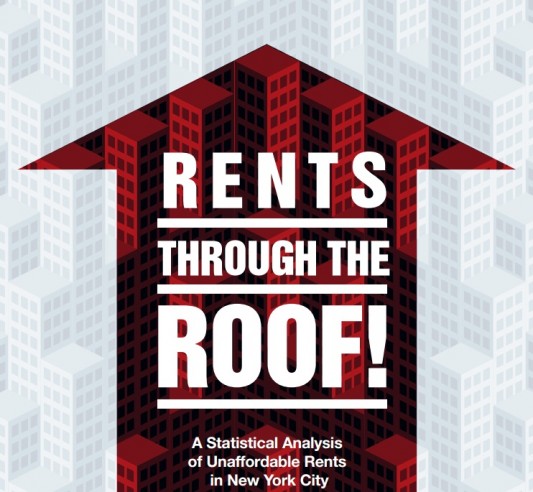If you asked Airbnb about its impact in San Francisco, the company would direct you to a rosy economic impact study that found the home-rental marketplace helped contribute $469 million to the local economy, with the average host earning $13,000 a year.
Ask San Francisco Supervisor David Campos, however, and he?d point you to a report released today that found between 925 and 1,960 housing units in the city are sitting vacant so they can be rented out on Airbnb?a big problem for a small city with not enough housing and skyrocketing real-estate prices. Just this month, San Francisco set a new record for median home prices at $1.23 million.
The report, requested by Campos and compiled by the city?s budget analyst, identified 6,113 Airbnb listings in San Francisco in December 2014. Most of these hosts (between 3,107 to 4,517) rent out the homes they live in. However, the report focuses largely on commercial hosts, who don?t live in their units and rent them out for income, raising concerns of possible evictions ?if a landlord concludes that they can earn more from short-term rentals than from a long-term tenant.? (According to another recent report from the city?s planning department, a host would have to rent out a unit on Airbnb for 257 days to reap more income than renting it to a tenant.)
In the fall, San Francisco passed a law to regulate short-term rentals, limiting stays to 60 consecutive days. Hosts are also required to register with the city and pay a 14% hotel tax. Other cities, including Portland and Chicago, have imposed similar restrictions, and Airbnb remains illegal in New York City. However the report notes that because Airbnb does not provide San Francisco with addresses or booking information, the city?s ability to enforce is severely restricted. So far, only 579 hosts have applied to register with the city, with 282 certificates granted.
With the apparently low rate of compliance, the report is recommending the city enact legislation that requires companies like Airbnb and vacation-rental site VRBO to provide hosts? addresses and booking information and give San Francisco?s planning department the ability to fine platforms listing unregistered hosts?measures that Airbnb says ?would make it even harder for middle class families to stay in San Francisco and pay the bills.?
In a statement Airbnb provided to Quartz, the company argued that its service is not causing the city?s affordability problem, and that the city?s planning department could itself be doing more to solve it: ?Home sharing,? the statement said, ?is an economic lifeline for thousands of San Franciscans who depend on the extra income to stay in their homes.?
This article originally appeared on QZ.com and is written by Alice Truong
